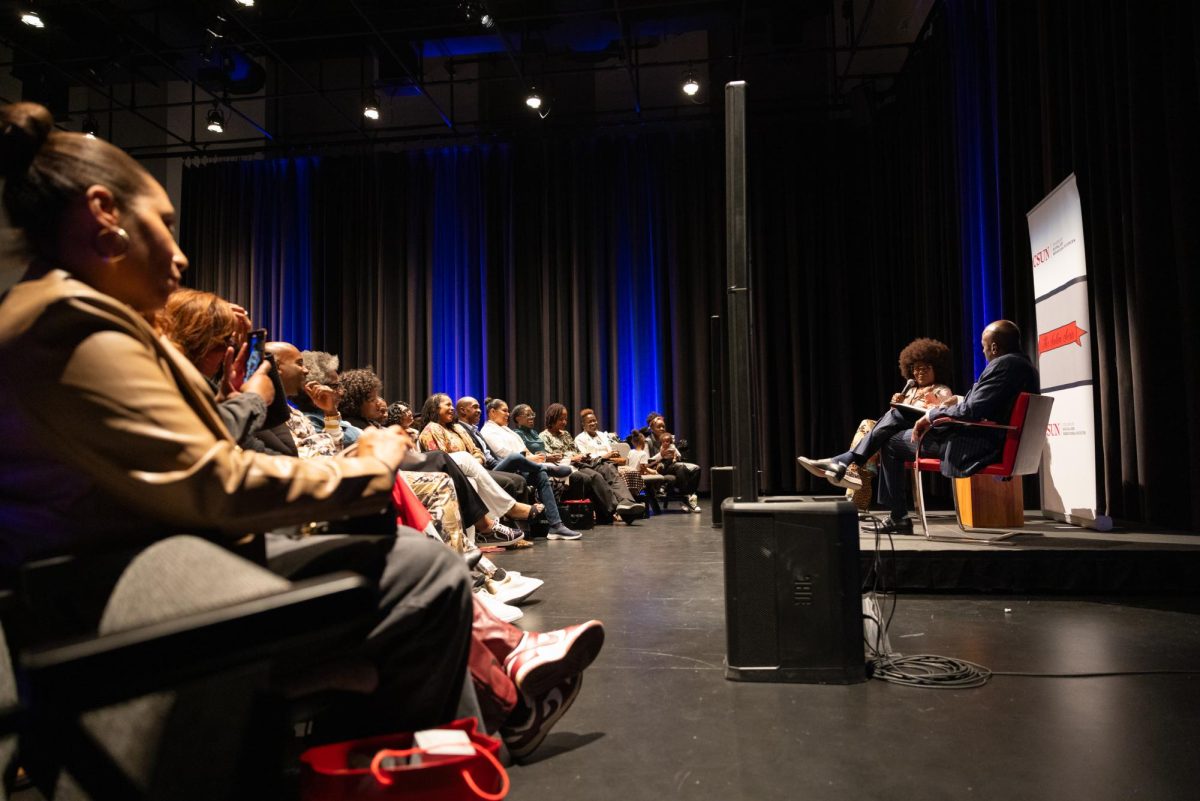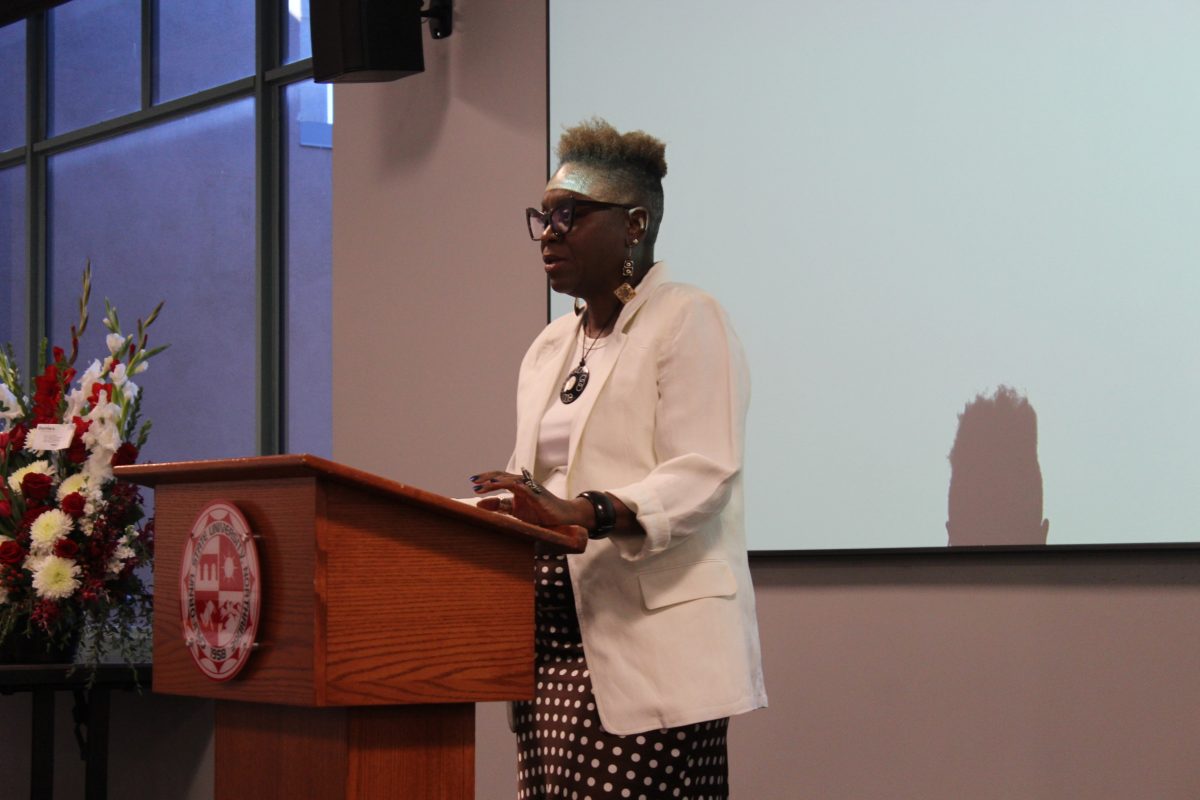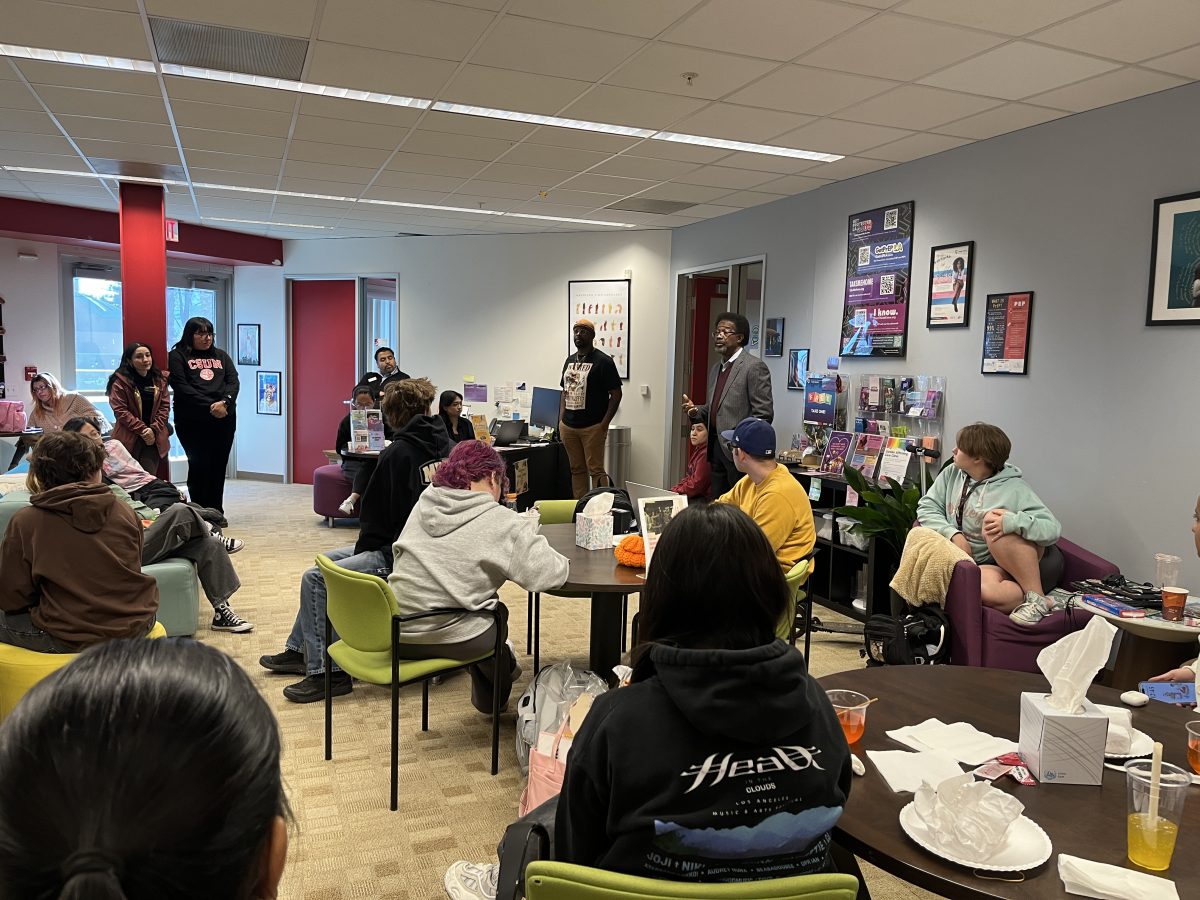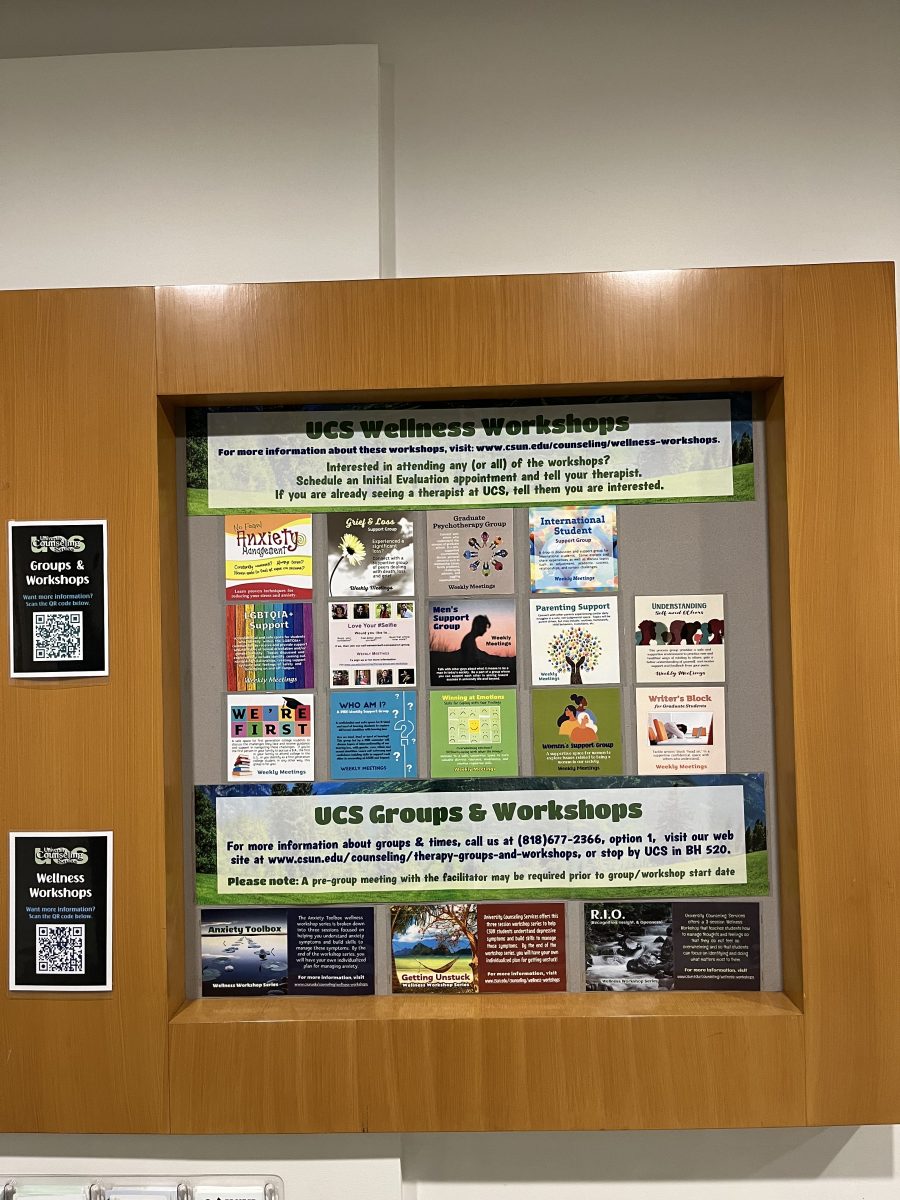
Students have turned to alternative methods of purchasing textbooks to offset the high cost of a college education.
Among the many methods preferred by students are textbook rentals, using e-books and shopping at online bookstores, such as Amazon or Chegg, all offering textbooks at discounted rates.
One method that some students have turned to is the rental system, which provides students the option to rent a book and return it at the end of the semester.
Rent-A-Text, the rental system used at the Matador Bookstore and almost 850 other campuses, gives students the option of simply renting a book rather than having to purchase it.
“Rent-A-Text continues to make a large-scale impact on affordability, and has quickly grown to become the nation’s largest bookstore rental program, nationally – saving students more than $200 million since last fall,” said Amy Berger, manager at the Matador Bookstore.
Students saved over $1.6 million last year by renting their books instead of buying them, she added. In total, students rented over 25,500 books last semester.
“The Matador Bookstore continues to increase the number of titles available for rent,” Berger said. “In spring 2011, we had 1,147 (35 percent of our titles) available for rent. In comparison, we have over 1,500 titles (45 percent) available for rent this spring.”
Cameron Molidor, a junior CTVA major, is one student that utilizes the rental option.
“I prefer to rent books because it’s cheaper,” Molidor said. “If I can’t rent, then I buy used books and my parents will usually pay for those.”
Being able to save money wherever possible is important to students on a budget, he explained.
In addition to renting, many students turn to online discount sites, such as Amazon and Chegg.
Amazon offers different types of memberships including Amazon Prime, Amazon Mom and Amazon Student, which is the most important membership for college students. The benefits of having an Amazon Student membership include having discounts on a variety of items.
Only students currently enrolled in a college or university who have a valid .edu e-mail address to confirm their status are eligible to participate in Amazon Student, according to the Amazon website.
With an Amazon Student account, students have the ability to save up to 90 percent on used textbooks and up to 30 percent on new textbooks. In addition, students have the option to sell back the books using a seller account at the end of the semester.
By selling back books that were purchased through Amazon and similar sites, students can make back some of the money spent during their initial purchases, according to the Amazon website. Sometimes, it is even possible to break even or make more than they originally spent purchasing books.
“I buy my books off half.com because it’s a lot cheaper and I can sell them back when I’m done,” said Willene Aisporna, junior child and adolescent development major. “When I sell them back, I usually break even.”
Stacey Sturzenacker uses Amazon when buying books to save money.
“I buy my books off Amazon because the bookstore sells them for too much money,” said Sturzenacker, a senior nutrition and dietetics major. “It is also way less of a hassle, having the books delivered to my house rather than fighting the crowds at the bookstore.”
Like Sturzenacker, junior liberal studies major Marianne Van Noppen uses Amazon for its discounted rates.
“I use Amazon because it’s cheaper,” said Van Noppen.
Similar to Amazon, Chegg is a popular, student-friendly site that allows members to buy and sell books. But unlike Amazon, Chegg also offers students a rental option.
“Students have the option to both rent and buy physical textbooks,” said Angela Pontarolo, spokesperson for Chegg. “Chegg also just launched our new eTexbook Reader that provides a cloud-based service to student’s eTextbook on any connected device [and] it is optimized for computers and iPads and offers easy navigation, enhanced highlighting, note taking, search and advanced tools.”
Chegg is such a popular site for students because they also offer a community of subject experts to help students with homework, find scholarship opportunities and get exclusive deals, according to Pontarolo. With all of these different components, students are able to save not only time but money as well.
Off-campus bookstores are another option for students looking for decent deals on textbooks. At A+ Textbooks, located on Reseda Boulevard, students can find discounted textbook prices often cheaper than the Matador Bookstore.
“The price of the book depends on the size of the book, so if it’s a bigger book the discount tends to be higher,” said David, an employee at A+ Textbooks. “We don’t offer a rental system but our discount prices are pretty good.”
Despite a variety of options to save on textbook costs, these alternatives do not appeal to everyone. Freshman Astrid Rosas, an undecided major, prefers to buy her textbooks brand new.
“I like to buy [books] new because I want to write my own notes,” Rosas said. “Besides, I don’t think that you save any money anyway.”
But Berger has dismissed this way of thinking, noting that in the fall 2011 semester alone, CSUN students saved over $895,000 just by renting their books.
“There is not a ‘one size fits all’ answer for everyone,” said Berger. “We encourage students to think about how they will use the book, how they learn and what their future needs are when they are making their course material purchase decisions.”
Pontarolo agrees with Berger that students can save money by renting books, using used books or e-books.
“Students, on average, can save over $500 a year if they rent their textbooks from Chegg,” Pontarolo said. “That’s over $2000 over the course of a student’s college career.”






